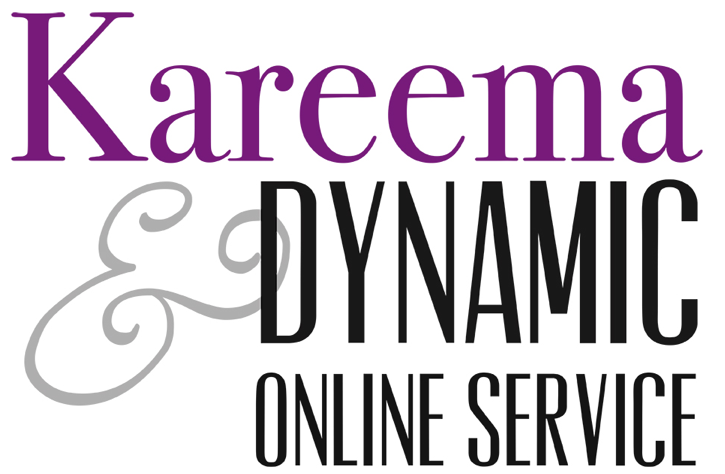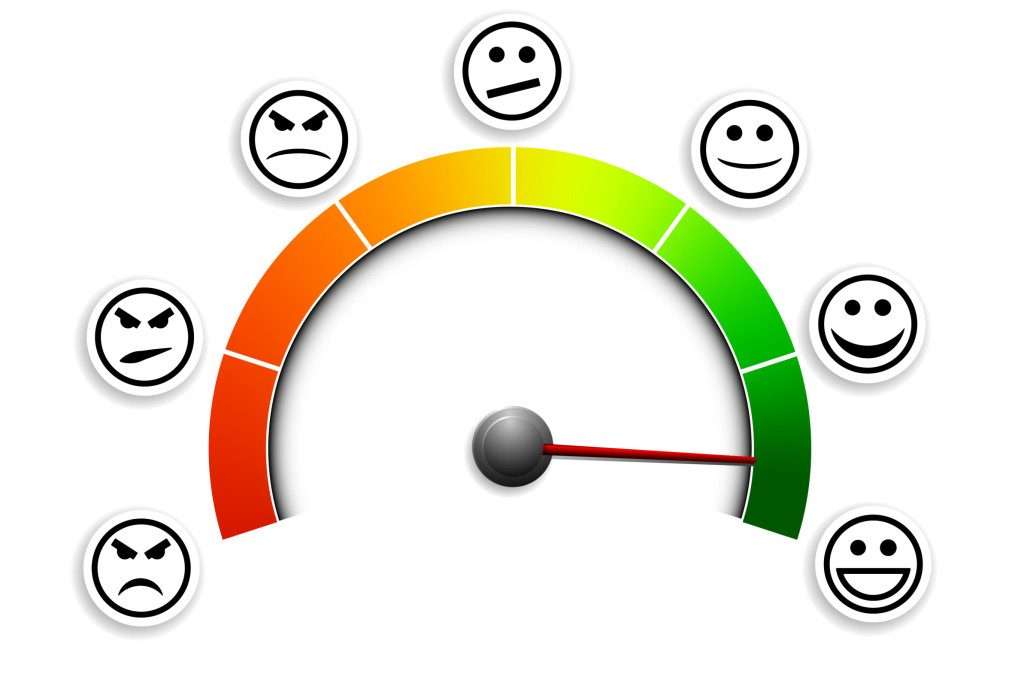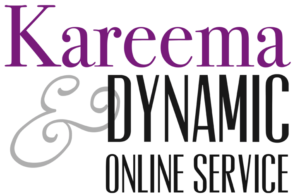What is customer service? We hear those two words thrown around a great deal.
“You must provide great customer service” “That business has dreadful customer service”
Years ago it was easy to define. I was a customer, you ran a business and hopefully you stocked the product/s I needed and when I came in to buy them the interaction was pleasant. I paid for the goods and left the store. If I had a problem with the purchase or the product and came back to have that issue rectified you handled my concern or issue in a reasonable way. There was an expectation of both the customer and the business and 99.9% of the time everyone was happy.
Then crept in comments like “the customer is always right” and “we have to receive all goods on discount” “time is critical and I need the service yesterday and won’t wait”. What also complicates matters is that the supply chain is becoming more complicated. We are not always dealing with the actual supplier. This is very much the case for those of us working in the world of Virtual Assistance and offering virtual reception or virtual call centres. In many situations we might have two clients – the caller and the provider of the product. We may also not physically be where the supplier of the service or the product is located.
Last week I needed a new window on my car and of course that is a reasonably urgent job as I needed to be able to park the car and go shopping and keep it secure during bad weather. I love the online world and so my first place to source a business is always a google search. Where possible I prefer to shop locally, however when time and money constraints are present then I have to factor that into the purchase.
Google showed me a window repair company that offered online booking, an ability to handle the insurance claim and I knew they serviced my country town. Great, I love being able to arrange things on a Sunday or late at night. So I placed an online booking for the next Thursday afternoon, giving them a few days in case they had to source the window. I thought wow, what great customer service, that was so easy.
I had deliberately bypassed local suppliers as from past experiences the conversation went something like this “Gee we are really busy. Don’t know how long it will take to get the window in? Maybe someone could do it in about 3 weeks. We will get back to you” and of course they never call you back. When you call them the conversation repeats itself all over again.
BUT it was not going to be that easy.
Next day calls went on for about an hour between myself, the insurance company and the window supplier. Finally a few calls later and the insurance company gave the go ahead for the repairs and told me they had sent the claim number back to the repairers. Next call to the repairers “Hello. No sorry we know nothing about your booking or that claim number.” An hour later and I am back onto another operator who finally says “Yes we have all the details now when are we going to be able to fit that in?” But didn’t I already have a booking?
Long story short a booking is made for 9am – 11 am on the Friday. Not a problem I just moved around appointments on that day and apologised to my customers. 8.50 am on the Friday and the phone rings. The installer is not stuck in a traffic accident 2 kms away he is actually still about 60 kms away at the factory and was not planning to be there to start the 2 hour job until between 10 am – 12 noon anyway. Hah what happened to the “the job will be done between 9 am and 11 am?” He finally arrived at 11 am and was just finishing in time for me to go and attend to my twice rescheduled appointments. Luckily I had really understanding clients booked in that day.
It sounded like such good customer service at first. The fault lies at both sides of the interaction. Customers want more and they want it faster and the supply of goods and services is getting more complicated. If you are going to use online systems then think carefully,from both sides of the interaction, how this will and won’t work and what expectations you are setting up for the callers and your clients.
Some points to consider:
- The key word in customer service is “Customer” – it is about providing a service in the way in which a reasonable customer needs it.
- Train your staff well in how the system works and ensure they have all the information they need to answer the customers questions and write a comprehensive manual on how it all works.
- Don’t have a “time is money” and each call must be ended in seconds approach as some calls take longer.
- Test, retest and test again your system to ensure it is robust and will actually work.
- Work out how you are going to communicate with the actually supplier of the service so what you promise can actually happen.
- As a provider of virtual receptionists or virtual call centres ensure your business clients have realistic expectations about how much it will cost and the benefits to their business of such a service.
- Monitor all staff taking calls and ensure their attitude to the callers is positive. A bad attitude does communicate down a phone line.
- If the customer is not happy apologise, fix the issue promptly and work out why it happened so it doesn’t happen again.




